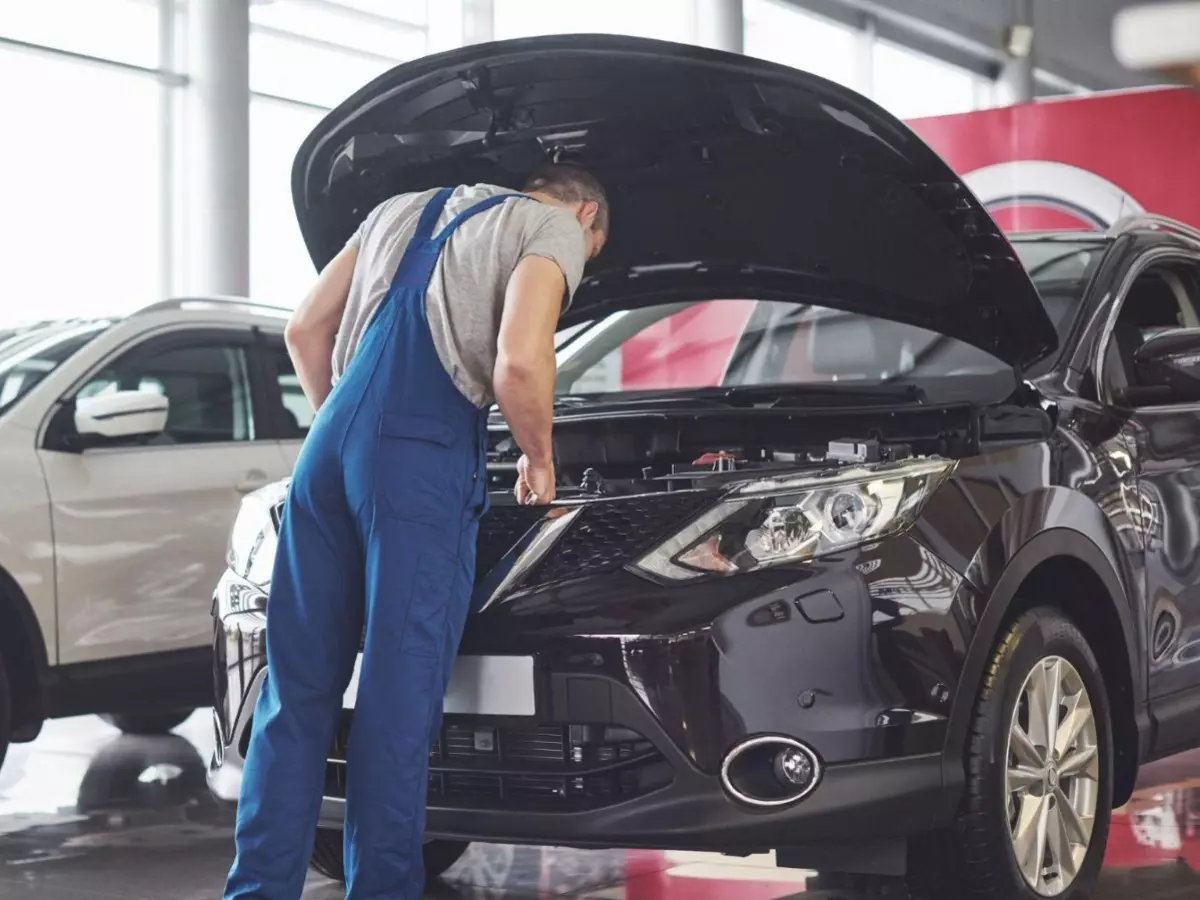How to maintain your car for optimal performance
Regular car maintenance is essential for ensuring its longevity, safety, and optimal performance. Proper care, such as routine oil changes, tyre inspections, brake checks, and fluid management, can prevent costly repairs and enhance fuel efficiency.

Your car is one of the most important assets you own. It gets you to work, takes you on weekend adventures, and ensures that you can handle life's errands with ease. Regular maintenance is essential to keep it running smoothly. It might seem overwhelming, but following a few simple steps can ensure your car stays in top condition, saving you money in the long run and preventing inconvenient breakdowns. Here's how to maintain your vehicle for optimal performance.
1. Change the Oil Regularly
Oil is the lifeblood of your car¡¯s engine. It lubricates the moving parts, reduces friction, and keeps everything running smoothly. Over time, oil breaks down and gets dirty, leading to poor engine performance and permanent damage.
Changing the oil regularly is essential to keep your car performing at its best. If you often drive in stop-and-go traffic or on rough roads, it might be wise to change the oil more frequently. Besides this, if you want to know more about car maintenance, you can refer to online platforms like ackodrive.com. These platforms have informative and insightful content about car maintenance and tips to get the best fuel efficiency.
2. Check Tyre Pressure and Tread
The tyres are the only part of the car that touches the road, so they play a crucial role in your vehicle¡¯s performance and safety. Underinflated tyres reduce fuel efficiency, increase tyre wear, and can make handling more difficult. On the other hand, overinflated tyres can lead to a rough ride and reduce traction.
To maintain optimal performance, check your tyre pressure regularly (at least once a month) using a reliable tyre pressure gauge. Your car's manual or the sticker inside the driver¡¯s door will indicate the ideal pressure for your tyres. Additionally, inspect the tread depth. Worn-out tyres should be replaced immediately, as they can increase the risk of accidents, especially in wet conditions.
3. Replace Air Filters
A clean air filter ensures that your engine receives the proper airflow, which helps it run more efficiently. Over time, air filters can become clogged with dirt, dust, and debris, leading to decreased performance, poor fuel economy, and even engine damage.
If you notice a decrease in engine performance, it could be a sign that the air filter needs attention.
4. Check Fluid Levels
Your car relies on several fluids to function correctly, including coolant, brake fluid, transmission fluid, and power steering fluid. Running low on any of these fluids can damage the components and affect performance. To keep everything running smoothly, regularly check the levels of these fluids. If you notice a drop in levels, top them off immediately and have your vehicle inspected for potential leaks.
5. Inspect the Battery
A dead battery can leave you stranded, so keeping your car battery in good condition is important. Corrosion on the terminals can prevent the battery from working efficiently, and the battery¡¯s charge can slowly deplete over time. Check the battery terminals for signs of corrosion and clean them if necessary.
If your battery is over three years old, consider getting it tested regularly, especially before extreme weather conditions, like summer heat or winter cold. If the battery shows signs of weakness, replacing it before failure is better.
6. Pay Attention to the Brakes
Your car¡¯s brakes are essential for your safety, so monitoring their condition is critical. If you notice any strange noises like squeaking or grinding, it could indicate that the brake pads are worn out. Ignoring these sounds could lead to further damage, potentially affecting the rotors, which are more expensive to replace.
Get your brakes checked regularly, especially if you feel any changes in braking performance, such as increased stopping distances or a soft brake pedal.
7. Keep an Eye on the Transmission
If you notice your car hesitates when shifting gears, slipping out of gear, or making strange noises, it could indicate an issue with the transmission. Regular transmission fluid checks are essential to keep the system lubricated and functioning well.
8. Regularly Service Your Car
While it may seem obvious, regularly servicing your car according to the manufacturer¡¯s recommendations is one of the most important ways to ensure long-lasting performance. A professional mechanic will perform an in-depth inspection, diagnose hidden issues, and provide the necessary repairs or maintenance to keep your car running at its best.
One added benefit of routine maintenance is that it can help maintain or even improve the car valuation over time. A well-documented service history, clean interior, and good mechanical condition play a big role when it comes to evaluating your car¡¯s worth, especially if you plan to sell or trade it in the future.
Conclusion
Maintaining your car for optimal performance doesn¡¯t have to be complicated. You can ensure your vehicle remains reliable, efficient, and safe by staying on top of routine tasks like changing the oil, checking tyre pressure, replacing air filters, and monitoring fluid levels. Regularly servicing and addressing issues can prevent costly repairs and ensure you enjoy a smooth ride for years.
It¡¯s all about being proactive and taking small steps to protect your investment. So, keep your car well-maintained, and it will continue to serve you faithfully for many years.
